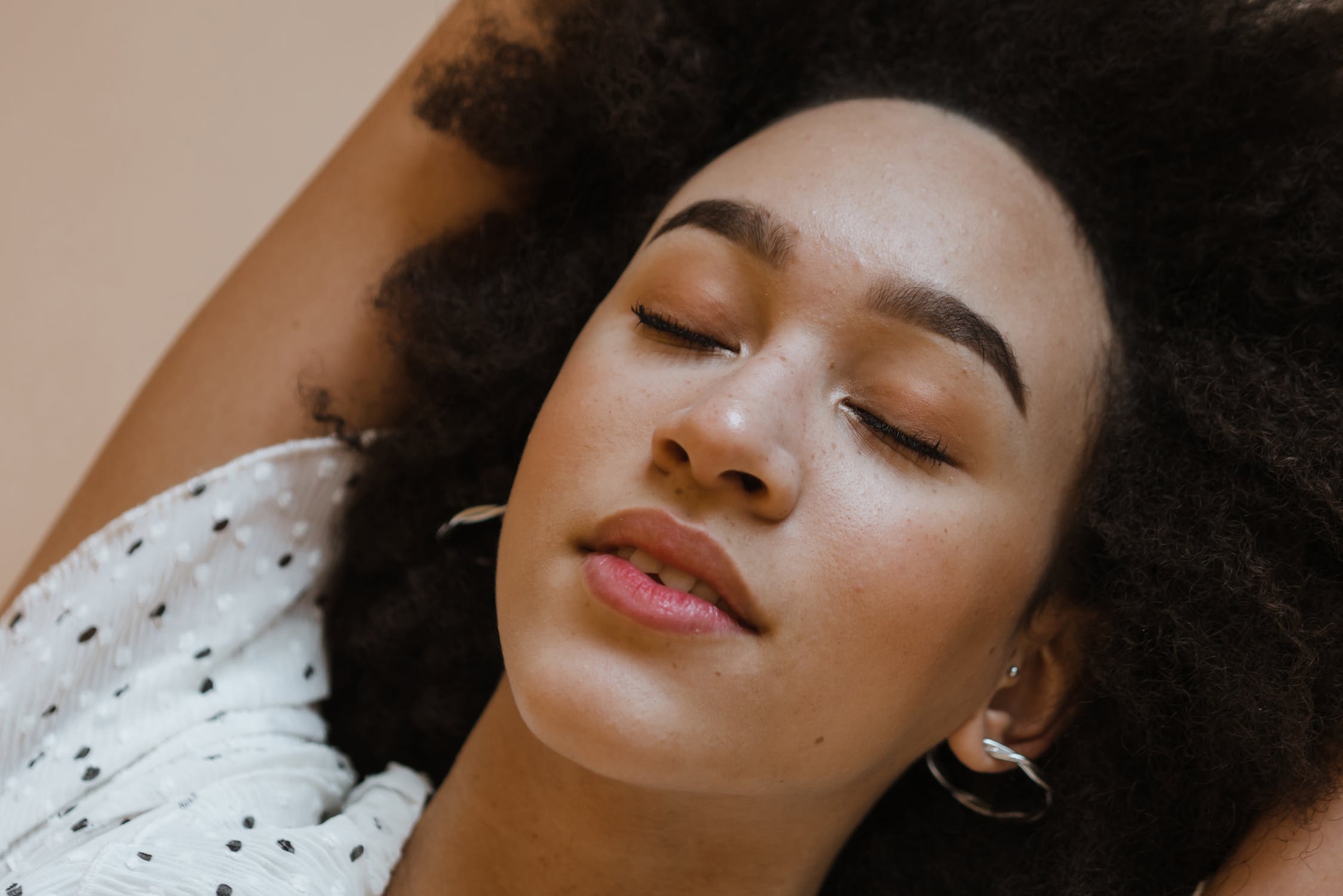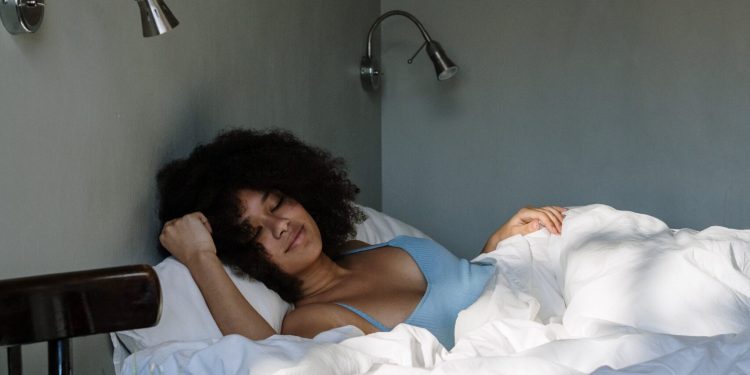When it comes to getting sleep, we tend to put a lot of emphasis on getting more sleep, but what about getting better sleep? We could spend 15 hours a day in bed, but if the quality of our sleep is trash? Girl, we’re better off staying up!
There’s a whole lot of science and a little bit of finesse behind getting enough of the good stuff. And no, it doesn’t involve sleeping pills or going to see a super expensive sleep therapist. Here are 4 natural, inexpensive ways to get better sleep, according to experts.
Drink a glass of tart cherry juice.

I know what you’re thinking, how in the world would tart cherry juice aid me in my better sleep efforts? According to experts, tart cherry juice is actually rich in the sleep hormone melatonin and if you have at least 8 oz before bed, you’ll not only fall asleep faster, but also have a better night’s sleep than if you didn’t drink it.
Not to mention that the juice is known for its anti-inflammatory properties. So if your lack of good sleep is due to an inflammation issue such as diabetes, irritable bowel syndrome, or even basic allergies and intolerances.
However, it is important to note that tart cherry juice isn’t the sole solution to better sleep. If you decide to go this route, make sure you’re also engaging in other healthy sleep habits to increase your chances at getting a good night’s rest.
Unplug and then unwind.
A lot of us make the mistake of putting down our phones right before we try go to sleep, but the reality is that we need to be putting them down a whole hour before we hit the sheets. And while we’re at it, the ever-running laptops and TVs need to go, too.
While it’s true that electronics cause a major distraction and keep us awake far longer than we should be, the real reason why they’re a harmful before-bed habit is due to the blue light emanating from the screens.
“But it’s just a light!” Well, not exactly. That light could be standing between you and better sleep because it’s actively suppressing melatonin production. During the daytime, the blue wavelengths from the light on our electronics help us stay alert and engaged.
When we’re winding down, however, this light still keeps us alert and engaged which is counterproductive for sleep and relaxation in general. So the solution is simple, ditch the electronics and get to sleep.
Adopt a regular sleep schedule and routine.

You can’t get an adequate amount of high quality sleep if you’re going to bed and waking up at different times every night. Period. If you really want to get better sleep, you’ll have to adopt a regular sleep schedule and routine.
Experts say that going to sleep and waking up at the same time everyday helps your body’s internal clock stay consistent. This will ultimately allow you to fall asleep and wake up naturally without having to force yourself.
This also gives you a chance to create a better sleep routine where you can implement habits and rituals that make you feel more relaxed, comfortable, and cozy. Things like warm baths, layering your bed with fuzzy blankets, and listening to meditation music before bed would certainly go a long way.
Make small adjustments to your daily habits.
You might want to think twice before you have that second cup of coffee or take that nap so close to your bedtime. Experts say that getting better sleep may not be an issue of completely changing your nightly routine around.
Instead, it’s all about the small daily habits that we often overlook or deem as having little impact on our sleep cycle. For an example, eating too many carbs early in the day can make you sleepy while drinking caffeinated drinks too late in the day can rob you of better sleep quality.
Similarly, deciding to eat a little healthier, hit the gym, and spend less time sitting around or on our phones all day makes a world of difference when it’s time to hit the hay. Knowing this, take the initiative to be more mindful about your daily habits and you’ll surely get a much better sleep.








